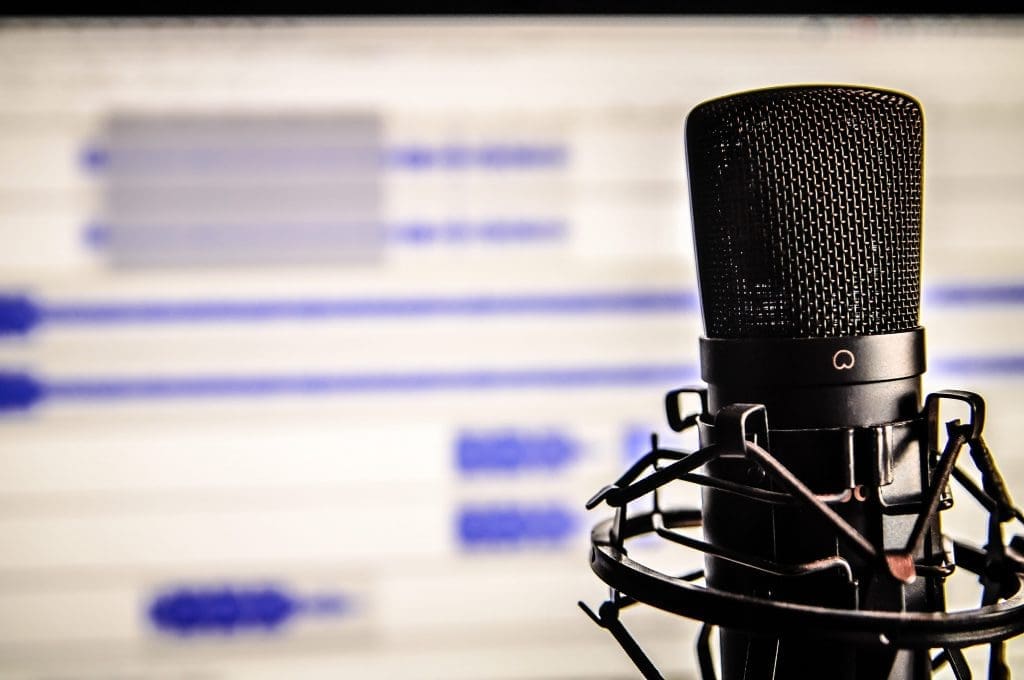
Remote Recording
Recording Remote Interviews
One of the keys to great podcasts are interviews. Interviews with experts, celebrities or anyone interesting can add a lot of value to a podcast. That fact is, if you have an interview based show, you want to be able to host interviews whenever, wherever possible. Gone are the days of booking studio time and/or meeting in the same place, especially with podcast hosts and guests living in different parts of the country and world. This is why remote recording interviews is the way most podcasts, and even mainstream radio stations, conduct interviews.
Remote interviews are interviews with people who are not in your studio. They could be across town or across the world. They are an important aspect of podcasting and as a podcaster you should know how to conduct them. If you are an experienced podcaster, you probably are an expert at remote interviews, but if you are new to podcasting, this is something you need to learn. Here’s what you need to know about remote interviews:
Internet Quality
One of the factors which affects the quality of remote broadcasts, is the quality, or speed of the Internet. If you or your guest’s Internet is slow, then it will have an adverse effect on the audio quality of the recording. For this reason, you want to be sure you have the best Internet connection possible. A wired Ethernet connection is best, but high-speed wi-fi can work, but most of the problems will happen over wi-fi. Slow Internet can cause your recording to lag or have drop outs.
The speed of the Internet can also have an effect on the sound of your guest’s voice. Sometimes digital blips, pops and artifacts get embedded into the audio because of poor Internet connections. I’ve even heard voices get sped up dramatically and the person ends up sounding like a chipmunk. Usually these glitches are momentary and only last for a few seconds. But they can really affect the overall quality of your podcast and pull listeners out of the moment or even cause them to shut off the podcast completely.
Recording on Multiple Tracks
Whether your podcast consists of multiple people or if you are conducting interviews in your studio or remotely, one of the fundamental principles of a quality recording is to have all parties recorded on separate tracks. Having individuals recorded on their own tracks, makes it much easier to edit the podcast. Allowing for a crisp, more professional sounding recording.
Remote Recording Sources
Zencastr
The easiest way to record a remote interview or even just record a podcast, is to use a podcast recording platform like Zencastr. Zencastr is an online platform for recording podcasts, and it makes things easy. Its remote interview features are designed to maximize quality and minimize the effects of the Internet. It also allows you to record everyone on separate tracks.
Zencastr is the fastest way to get set up with high quality podcast recordings. The Zencastr interface opens up into a chat room-like website where you can see everyone’s track and then watch their waveforms live as they record. When the session is over Zencastr automatically uploads all the tracks as separate files to a Dropbox that you set up. This way guests don’t have to worry about downloading and emailing files.
Source Connect
Source Connect is another high quality online platform for recording remote interviews. Source connect is relatively expensive, but it is the platform rapidly replacing the traditional ISDN system in professional radio stations and studios.
IPDTL
IPDTL is another popular online platform for recording podcasts which can be used to record remote interviews as well. IPDTL has excellent quality, but it is not quite as simple as Zencastr, and it is a little bit more expensive.
Skype
You can record remote interviews on Skype, but it is not advised. A quick search of the web and you’ll find a lot of complaints about recording remote interviews on Skype. Spoiler, it comes down to poor audio quality and a lot of drop outs. You can do it in a pinch, but it won’t be great quality.
Those are some of the best, most common methods for recording remotely. For more information feel free to contact us by filling out the form below. We’ll walk you through the best set up for your individual needs.
